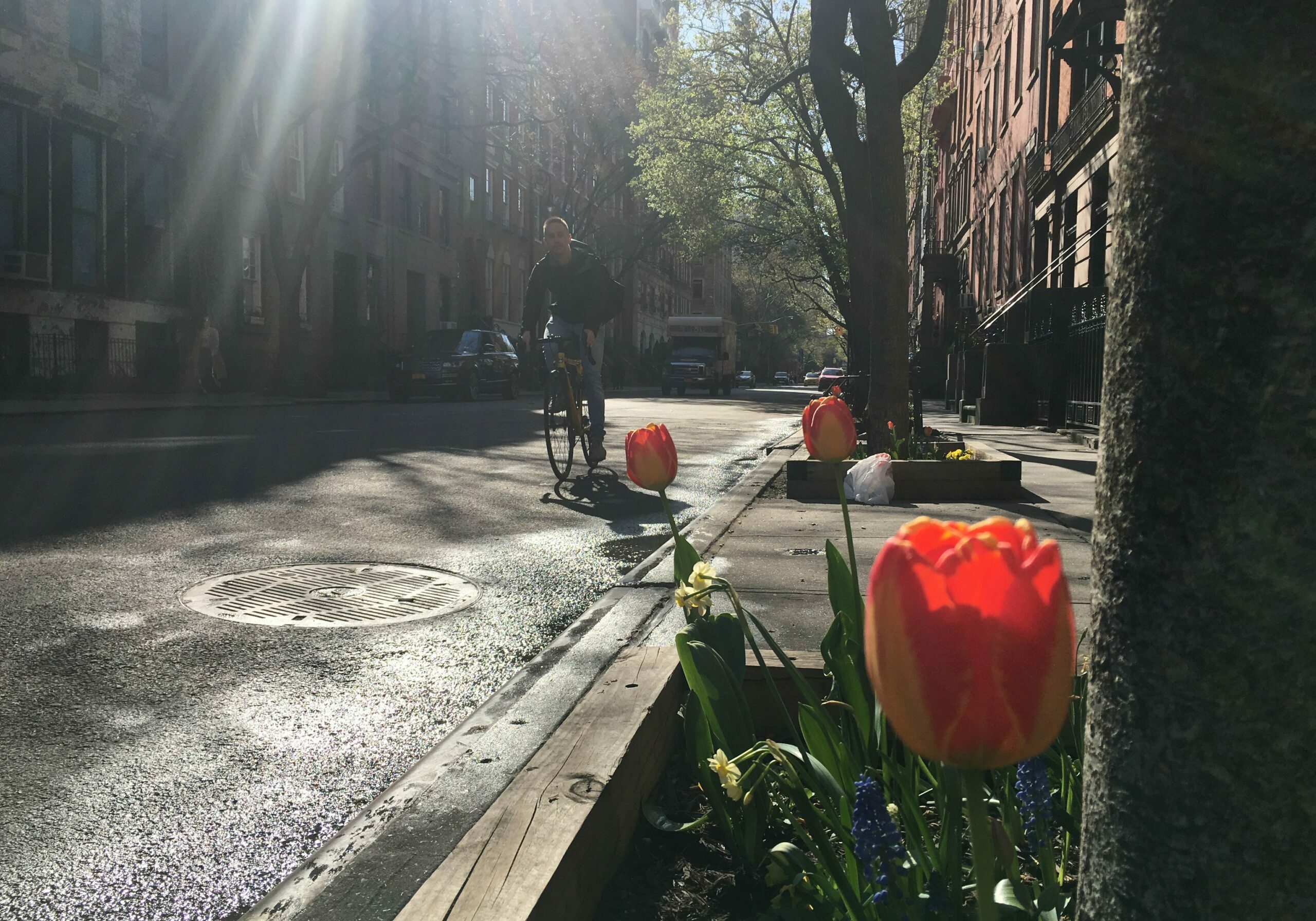February 16, 2023
In world that’s trying its damnedest to make us feel less than enough

As human beings, the biological urge for competence motivates us.
When we do things that reinforce our capacity to effectively interact with our environment, we feel useful, satisfied and alive.
Whether it’s cooking a new dish, fixing a broken appliance, solving a technical problem on the computer, or finding an alternate route to our destination in the middle of rush hour traffic, each moment reminds us of our innate ability to function in the world.
Without the practice of curiously solving small problems on a regular basis, then our faith in our competence will begin to erode. And we will soon be at the mercy of our perceived inadequacies.
Trebek, in his inspiring memoir about his life as a quiz show host, wrote a beautiful passage about this biological urge:
Solving problems is what makes life so special. When challenges come up that you’ve never experienced before. It’s one thing to be able to do the same thing well over and over again. But try to force yourself into attacking a new project that you’ve never done before, and say, okay, how do I solve this? The fact itself just enriches you as a human being and broadens your outlook on life and makes you a more understanding and better person.
How many problems did you solve yesterday?
A personal quota for me solving at least one problem every day. This is the minimum viable utility to helps me quench my biological urge for competence. And the problem can be intellectual, like a writing out a new theory or idea, physically, like fixing something around the house, or emotionally, like noticing, naming and claiming my feelings.
They all count.
When my software product first went live, it had its share of version one bugs. But one of the victories of the beta launch was figuring out to troubleshoot technical issues myself. My developer was always available for the larger and more complex problems, but he told me it would be to my benefit to learn how to fix minor glitches without his help.
Not only because it was faster and cheaper, but also because it trained me to depend on him less and build a new capability that would become useful down the road.
Who knew adjusting a few lines of code would make me feel so empowered?
It’s the little things. That’s where our power grows.
Because if it’s true that our sense of personal competency can be undone by a single mistake, like dropping our keys down a grate or breaking our phone, then it’s also true that our competence can also feel bolstered by a single victory.
Taking simple action to effectively interact with our environment and produce a desired result, that’s what helps tell a satisfying story about our abilities.
When the effects of our work are visible for at least one other person to see, we know that our competence is real, and so do they.
In world that’s trying its damnedest to make us feel less than enough, that’s not an insignificant victory.
Once you discover that you can rest in the center point of quiet competence, what will be possible for you?

